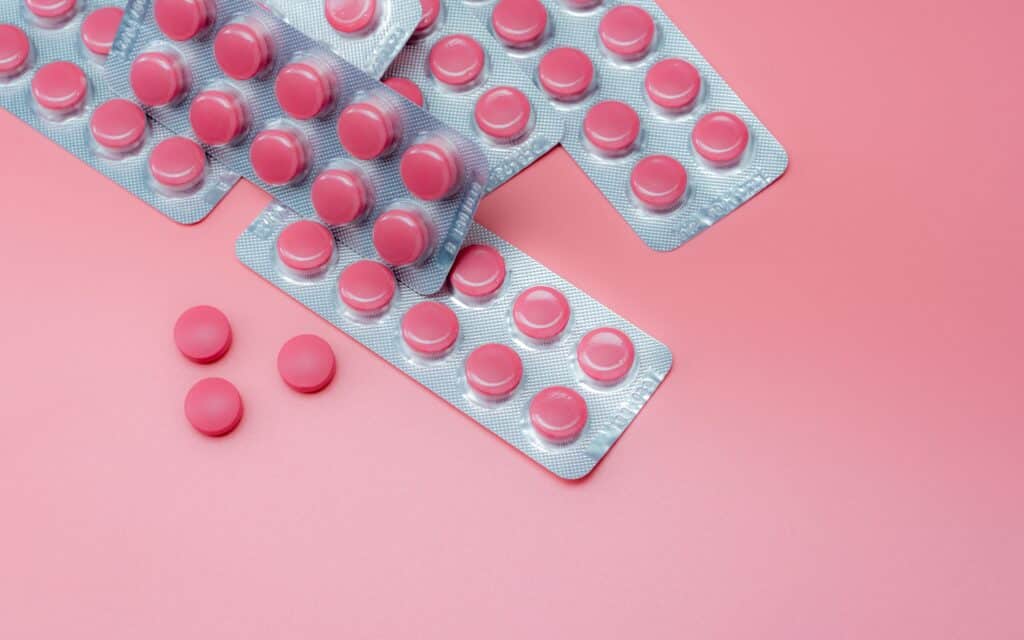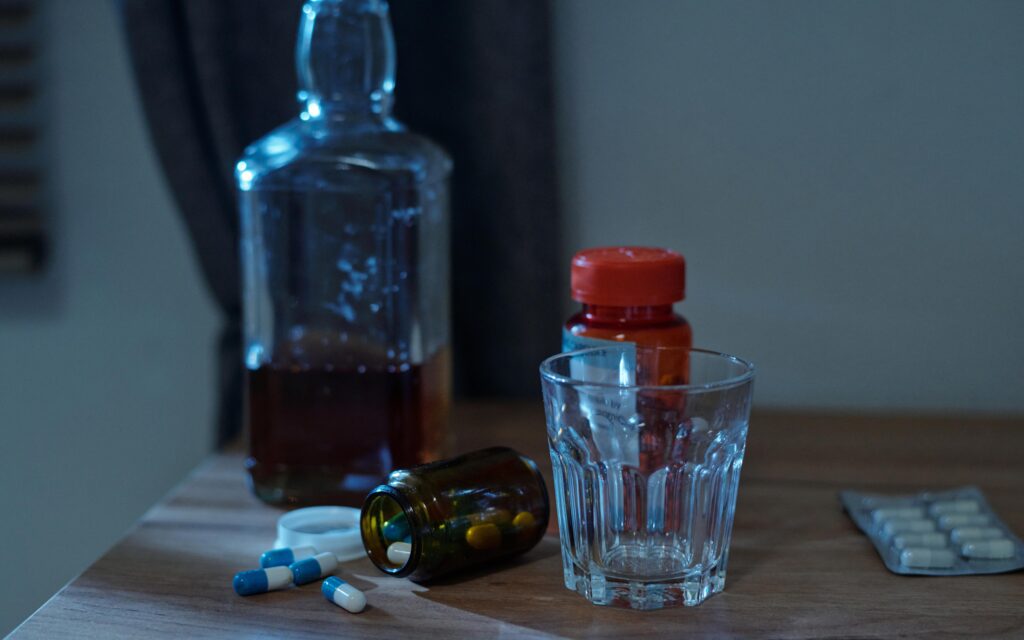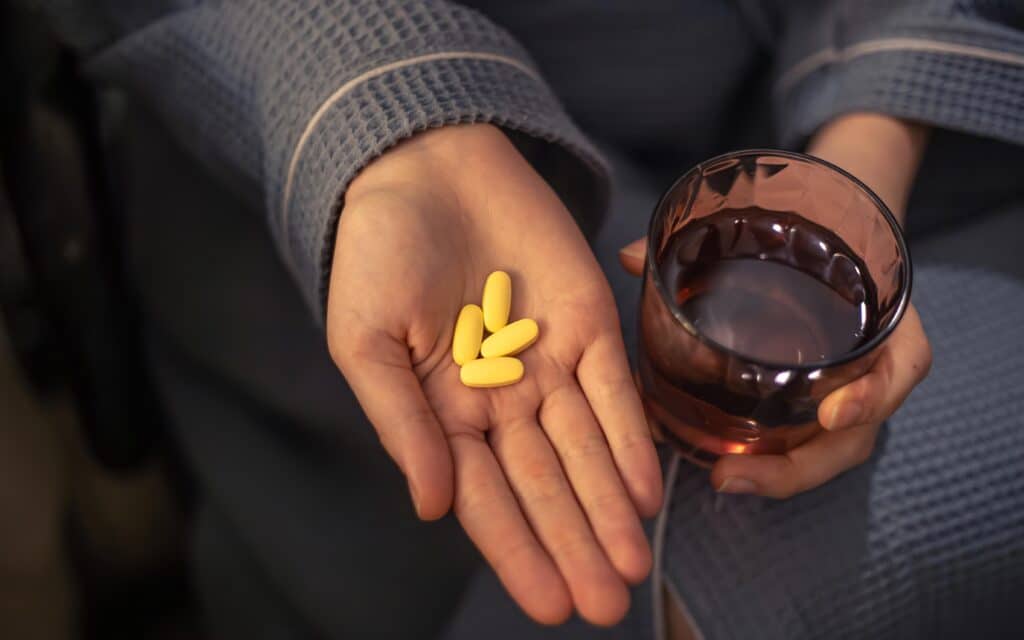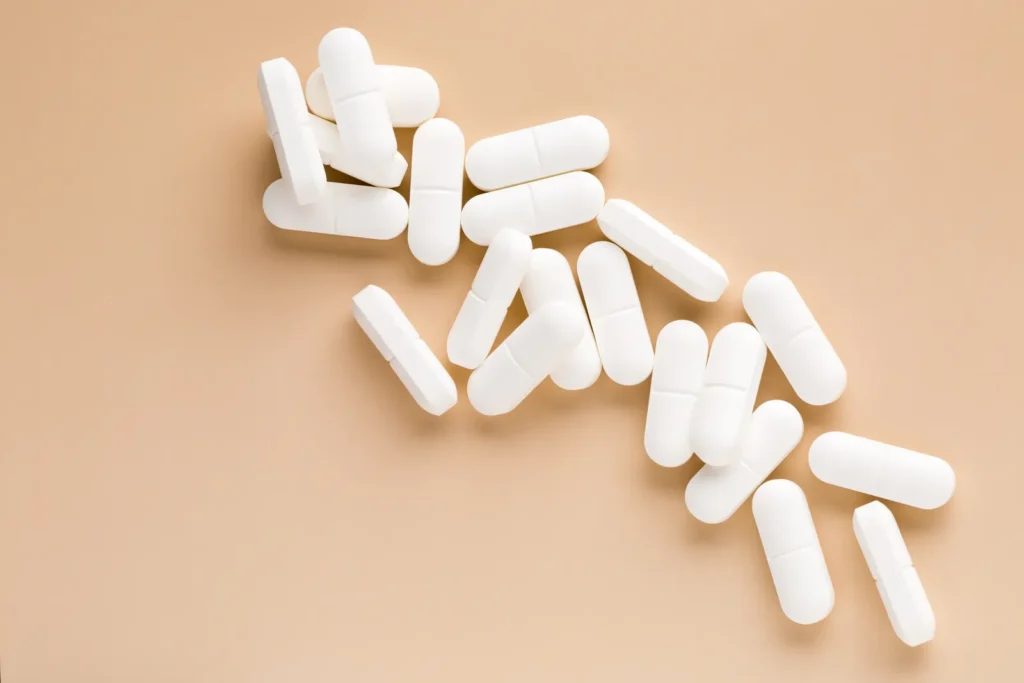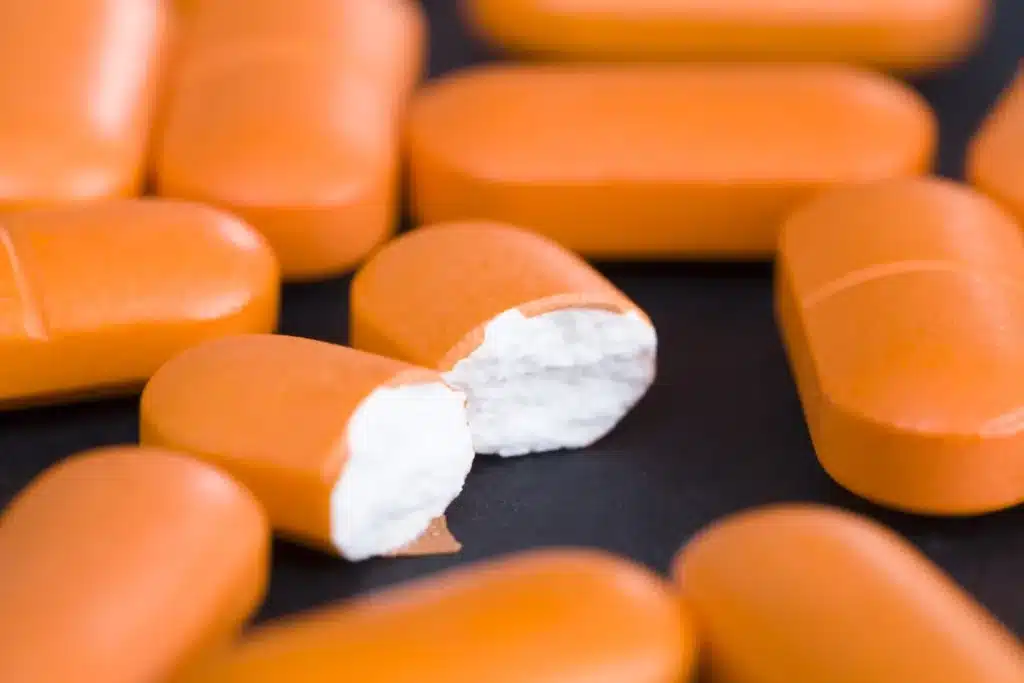Mixing Accutane and Alcohol: Why They Shouldn’t Be Taken Together
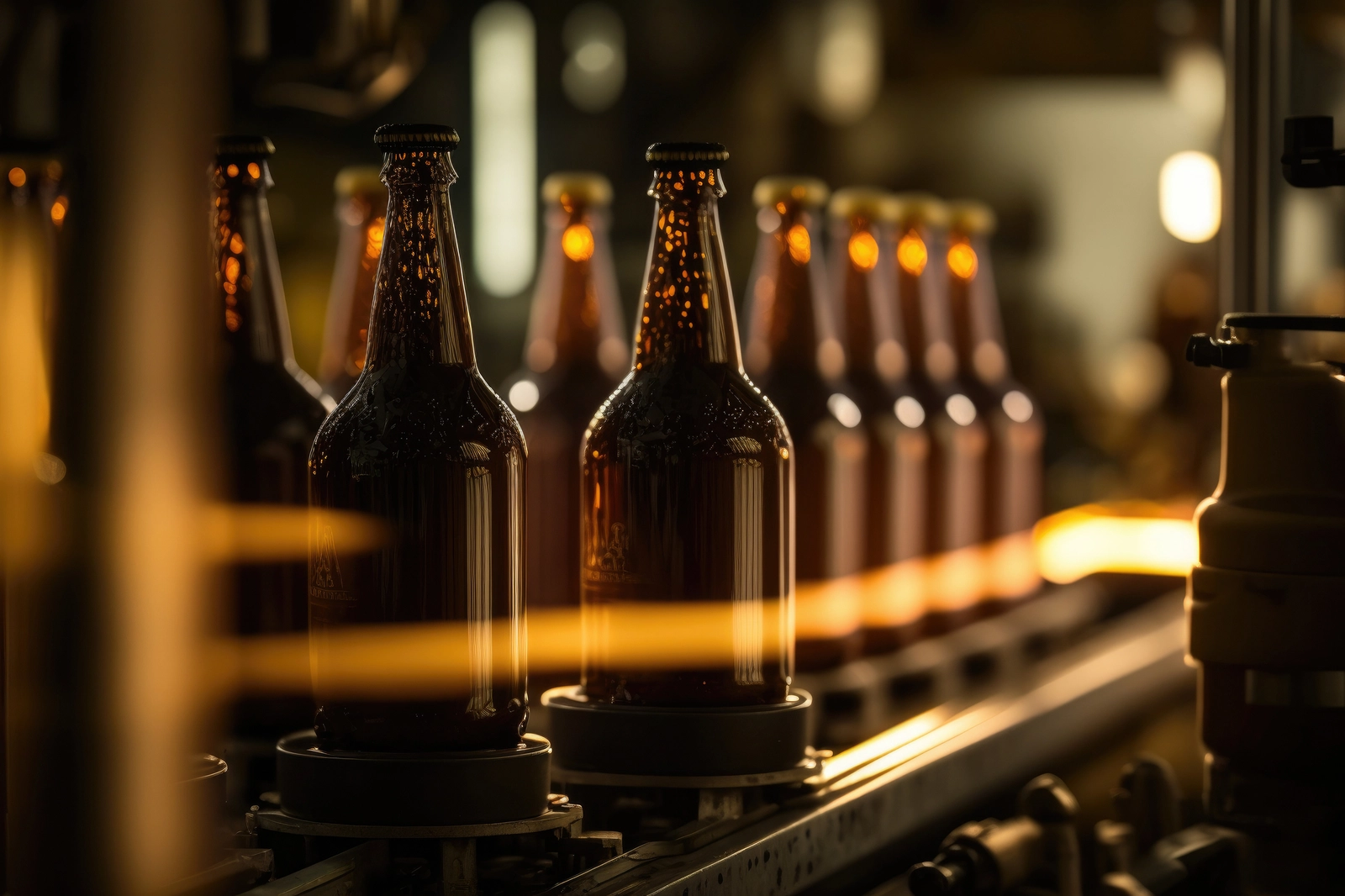
Deciding to consume alcohol while undergoing Accutane treatment requires careful consideration of potential risks and guidelines.[1] Accutane, a potent medication used to address severe acne, necessitates following specific precautions to ensure its effectiveness and safety.
Understanding the implications of combining Accutane with alcohol is essential for individuals undergoing this treatment regimen. In this discussion, we’ll delve into the considerations and potential consequences associated with alcohol consumption during Accutane therapy.
Key Points
- Accutane, a powerful medication derived from vitamin A, is primarily used to treat severe nodular acne that hasn’t responded to other treatments.
- Combining Accutane with alcohol can strain the liver, exacerbate side effects, and reduce the medication’s effectiveness, highlighting the importance of cautious consumption.
- Individuals are advised to consult healthcare providers, understand risks, evaluate priorities, consider alternatives, and monitor health when deciding whether to drink alcohol while on Accutane.
- To ensure safety and effectiveness, individuals on Accutane should follow healthcare provider instructions, use contraception, stay hydrated, protect their skin from the sun, monitor side effects, and attend regular check-ups.
- Recognizing signs such as increased tolerance, preoccupation with alcohol, binge drinking episodes, neglect of responsibilities, and withdrawal symptoms is crucial for addressing problematic drinking habits.
What is Accutane Used For?
Accutane, also known by its generic name isotretinoin, is a prescription medication primarily prescribed for severe cases of acne that haven’t improved with other treatments.[2] It belongs to a class of drugs called retinoids and works by reducing oil production by the skin’s oil glands. This helps prevent clogged pores, a major contributor to acne breakouts.
Accutane is typically reserved for nodular acne, characterized by large, painful bumps beneath the skin’s surface. It’s often considered a last resort due to its potential side effects and the need for close monitoring during treatment.
While Accutane can be highly effective at clearing severe acne, it also comes with potential risks and side effects. These can include dryness of the skin, lips, eyes, and muscle and joint pain. Accutane is also known to cause birth defects if taken during pregnancy, so strict precautions, including the use of two forms of contraception, are required for women of childbearing age.
What Are the Risks of Combining Accutane and Alcohol?
Combining Accutane with alcohol can pose several risks.[3] Firstly, both Accutane and alcohol can strain the liver. The liver metabolizes Accutane, and alcohol consumption can further burden this organ, potentially leading to liver damage or impairment.
Secondly, alcohol can exacerbate some of the side effects of Accutane, such as dry skin and eyes, as well as increase the risk of dehydration.
Additionally, while alcohol is known to exacerbate the side effects of Accutane, there is limited evidence directly linking alcohol consumption with a reduction in the medication’s effectiveness or an increase in the severity of its side effects beyond those commonly associated with Accutane alone. Moreover, alcohol can impair judgment and coordination, which may be particularly concerning for individuals experiencing Accutane-related mood changes or depression.
How Can I Decide Whether or Not to Drink While On Accutane?
Deciding whether or not to drink alcohol while on Accutane requires careful consideration of the potential risks and your circumstances:[4]
- Consult with your healthcare provider: Discuss your alcohol consumption habits and medical history with your healthcare provider before starting Accutane. They can provide personalized advice based on your situation and medical needs.
- Understand the risks: Educate yourself about the potential risks of combining Accutane and alcohol, including liver strain, increased side effects, and decreased medication effectiveness. Consider how these risks may impact your health and well-being.
- Evaluate your priorities: Consider why you want to drink alcohol and weigh it against the potential risks of doing so while on Accutane. Decide whether the benefits of drinking outweigh the potential consequences for your health and the effectiveness of your acne treatment.
- Consider alternatives: Explore alternative ways to socialize and unwind that don’t involve alcohol. You could try non-alcoholic beverages, engage in activities that don’t revolve around drinking, or spend time with friends who support your decision to abstain from alcohol while on Accutane.
- Monitor your health: Pay close attention to how your body responds to Accutane treatment and alcohol consumption. If you experience any adverse effects or changes in your health, consult your healthcare provider promptly.

What Precautions Should I Take When Using Accutane?
When using Accutane, it’s important to take several precautions to ensure your safety and maximize the effectiveness of the medication:[5]
- Follow your healthcare provider‘s instructions: Take Accutane exactly as prescribed, including the dosage and duration of treatment.
- Use contraception: If you’re a woman of childbearing age, it’s crucial to use two reliable forms of contraception simultaneously while taking Accutane. This is because Accutane can cause severe birth defects if taken during pregnancy. Follow your healthcare provider’s recommendations for contraception and pregnancy testing.
- Avoid excessive alcohol consumption: Consult your healthcare provider for personalized advice on alcohol consumption.
- Stay hydrated: Accutane can cause dryness of the skin, lips, and eyes. Drink plenty of water to stay hydrated, and moisturize your skin regularly with non-comedogenic moisturizers.
- Protect your skin from the sun: Accutane can increase your skin’s sensitivity to sunlight, making you more susceptible to sunburns and other sun damage. Wear sunscreen with a high SPF and protective clothing, and avoid prolonged sun exposure, especially between 10 a.m. and 4 p.m.
- Monitor side effects: Track any side effects you experience while taking Accutane and report them to your healthcare provider. These may include dryness, itching, changes in mood or vision, joint pain, or signs of liver problems.
- Attend regular check-ups: Your healthcare provider will likely schedule regular follow-up appointments to monitor your progress and assess any side effects. Attend these appointments as scheduled and communicate any concerns or changes in your health.
By following these precautions and staying in close communication with your healthcare provider, you can minimize the risks associated with Accutane and achieve the best possible results from your treatment.
What Are the Signs of Problematic Drinking?
Recognizing signs of problematic drinking entails observing subtle shifts in behavior and lifestyle that indicate an unhealthy relationship with alcohol.[6] These signs may include an increased tolerance, where individuals require more alcohol to achieve the desired effects, or a preoccupation with alcohol consumption, characterized by persistent thoughts about obtaining and consuming alcohol.
Additionally, problematic drinking often manifests through episodes of binge drinking, during which individuals consume excessive amounts of alcohol in a short period, leading to a loss of control over their drinking behavior.[7] This may be accompanied by neglect of responsibilities, such as work or family obligations, in favor of alcohol consumption. Withdrawal symptoms, such as tremors or irritability when not drinking, may also indicate problematic drinking patterns.
Problematic drinking can impact various aspects of an individual’s life, including relationships, work, and physical and mental health. Despite experiencing negative consequences, individuals may persist in their drinking habits and may even attempt to conceal or justify their behavior. Seeking support from healthcare professionals or reputable support groups is crucial for individuals who recognize these signs and wish to address their problematic drinking habits.
